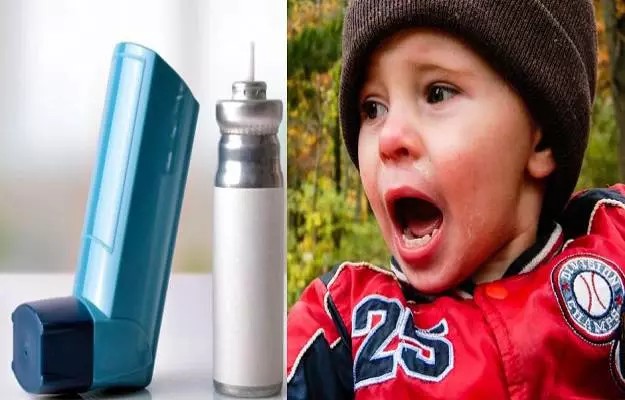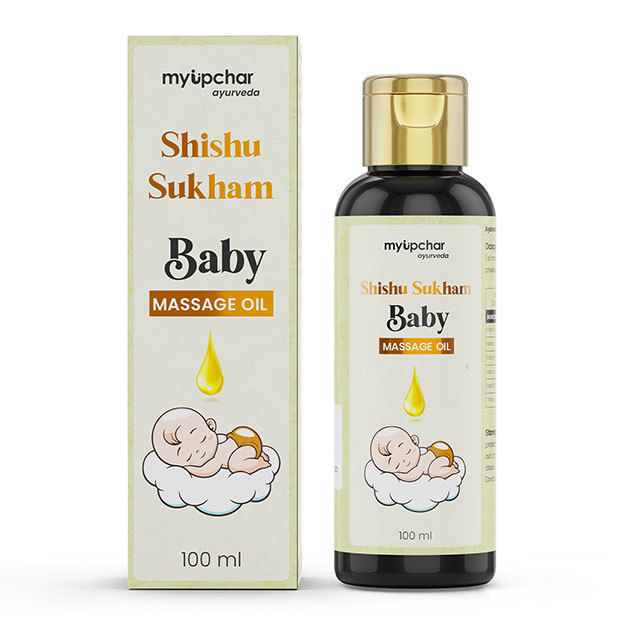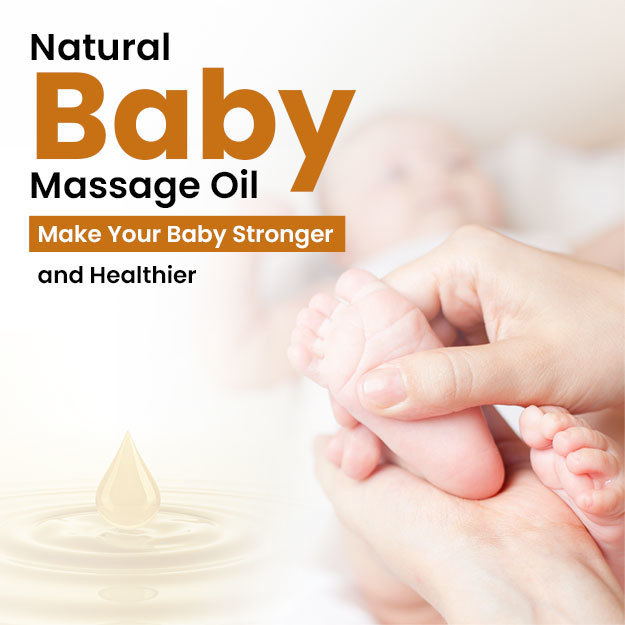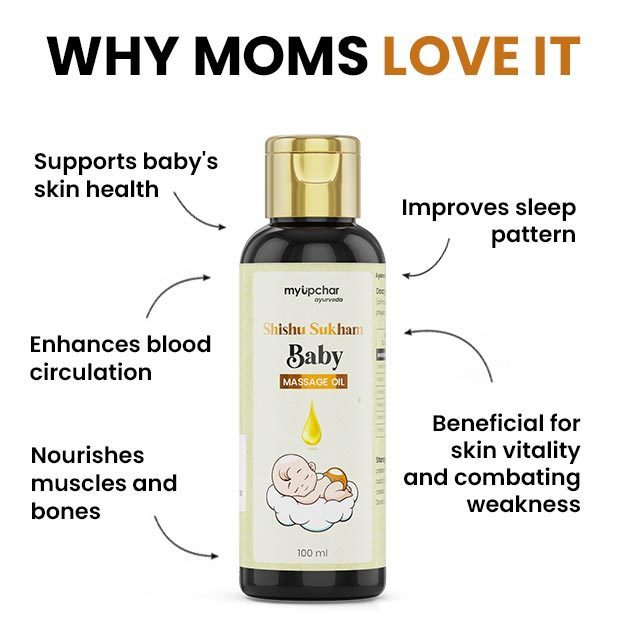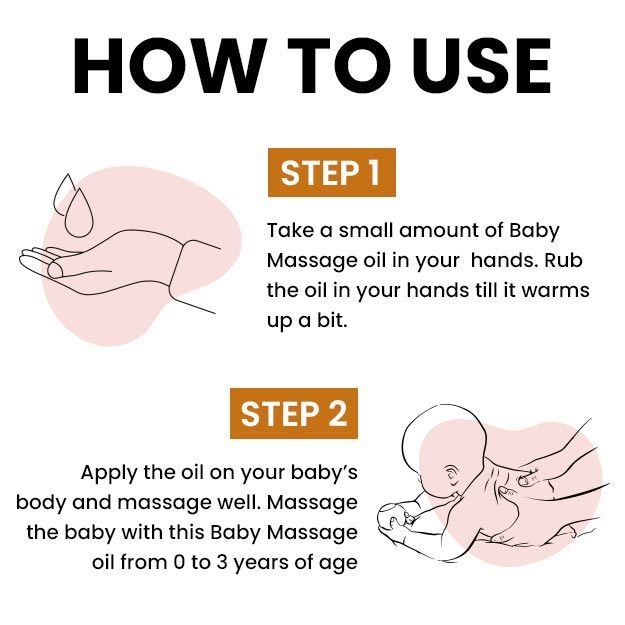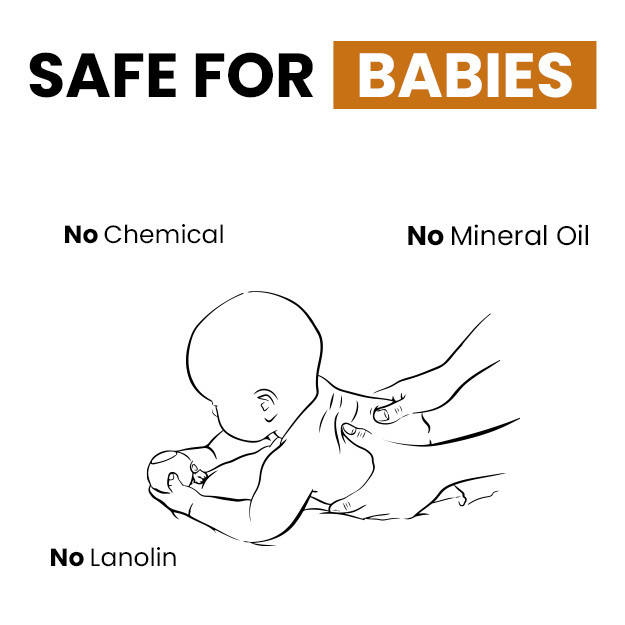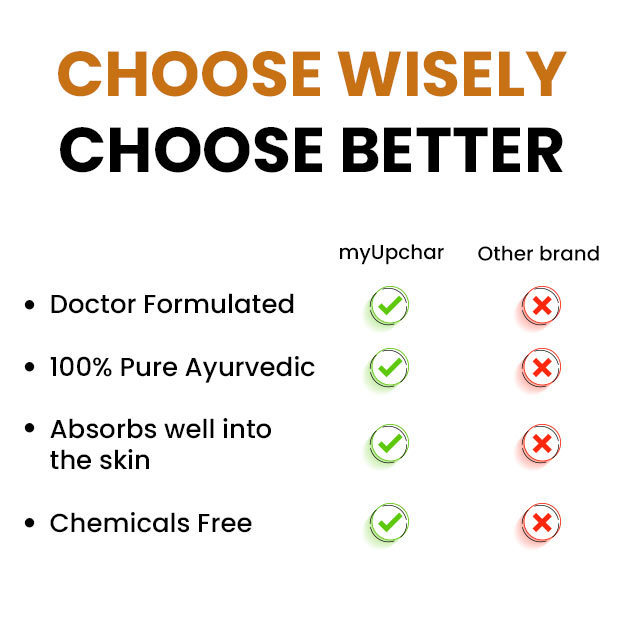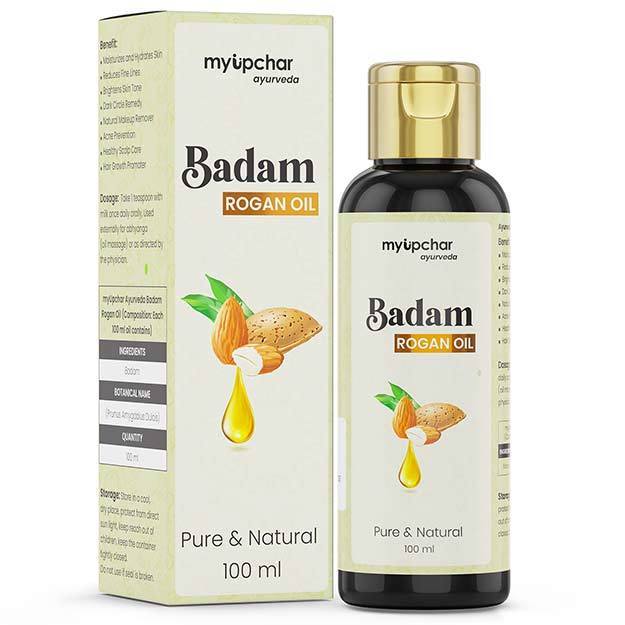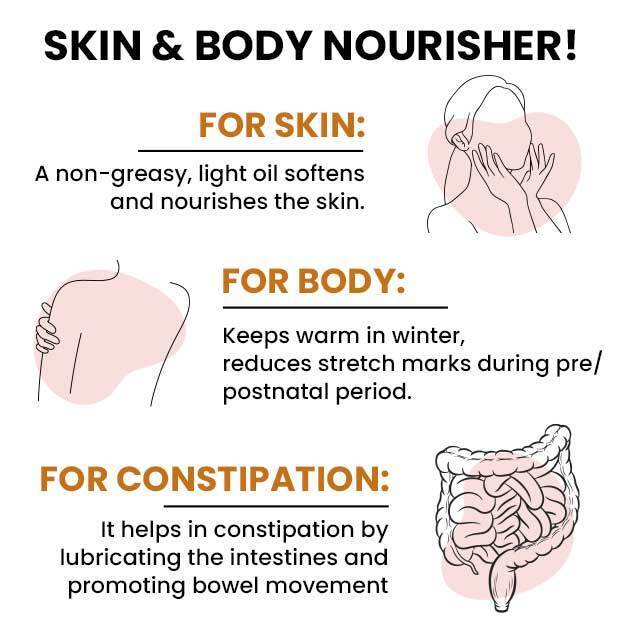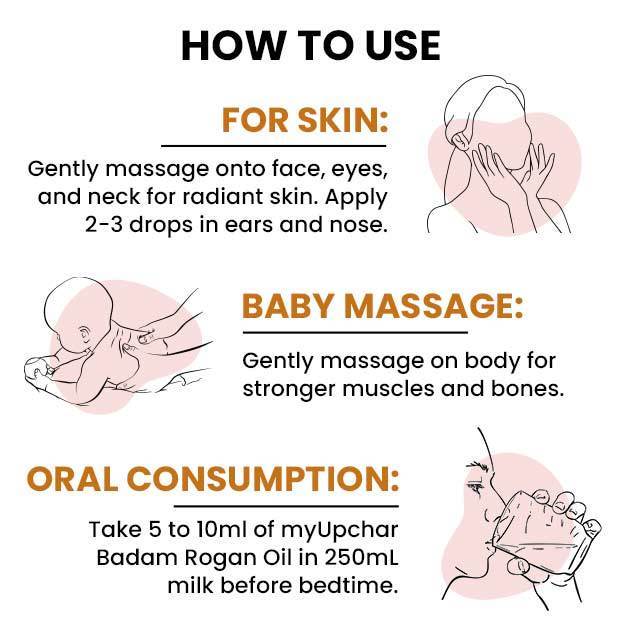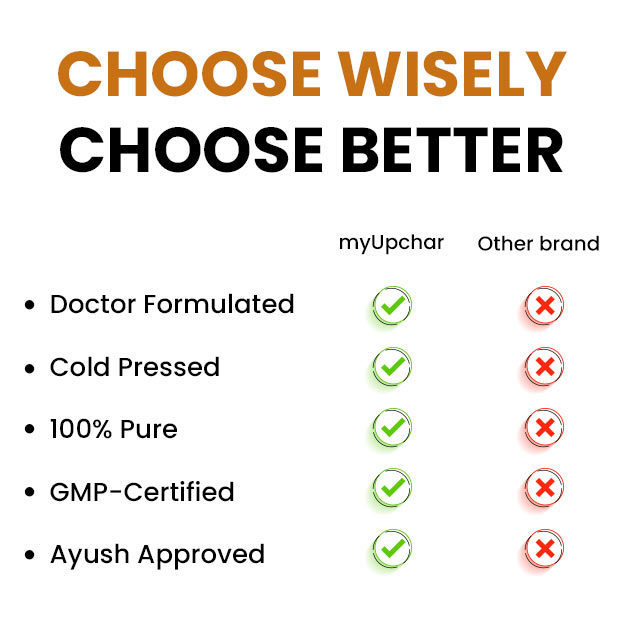Many people think that children cannot have asthma. But let us tell you that a child can have asthma just like other diseases. The condition of long-term inflammation in the airways is called asthma. When external allergens and irritants enter through the breath, it increases the sensitivity in the lungs, due to which the airways get swollen. In this problem, the path of breathing in and out of the lungs gets obstructed. When the immune system reacts to pollution and other irritating substances, it results in asthma in children, so allergy and asthma are considered to be interconnected. This is a serious condition for infants under 12 months of age.
Asthma is a serious problem in children, if it is not treated in time, it can become a fatal problem. In this article, you have been told in detail about the symptoms of asthma in children, causes of asthma in children, prevention of asthma in children and treatment of asthma in children etc.
(Read more - Newborn Baby, Infant and Child Health Care Tips)
- Symptoms Of Asthma In Children
- Causes Of Asthma In Children
- How To Protect Children From Asthma?
- How To Check Asthma In Children?
- Treatment Of Asthma In Children
- Summary
Symptoms Of Asthma In Children
Children feel the initial symptoms of asthma due to respiratory infection. If your child has a viral infection in the respiratory system at any time, then he definitely feels the symptoms of asthma. Children's airways are much smaller than those of adults, so even mild inflammation in them becomes the reason for difficulty in breathing. The following symptoms are included in children's asthma.
Rapid breathing:
When a child has asthma, he breathes rapidly, and the interval between his breaths is also reduced. On an average, a baby breathes 30 to 60 times a minute, while between 3 to 12 months he starts breathing 20 to 40 times. Due to asthma, the breathing rate of the child increases by about fifty percent.
Difficulty in breathing:
The child has to exert force to take air to the lungs. During this, the child's nostrils swell, pressing the ribs inwards while breathing and moving the stomach excessively, etc. indicate difficulty in breathing.
Chest stiffness:
The child's chest feels hard when touched, this happens because the thoracic muscles become stiff due to shortness of breath.
Wheezing:
Whistling sound while breathing, which sounds like shortness of breath.
Excessive coughing:
Children's coughs become uncontrolled, especially during late evening or night, the child coughs repeatedly.
Difficulty in eating:
Due to asthma, the child is not able to eat properly, this happens due to difficulty in breathing.
Fatigue and lethargy:
The child is less active than usual and feels tired and lethargic.
Yellow or blue skin or nails:
Due to lack of oxygen in the body, the child's lips and nails become yellow or blue.
(Read more - What to Expect: Your Baby's Journey at 10 Months)
Causes Of Asthma In Children
The basic causes of asthma have not been found out. However, experts consider it a genetic problem. Children get asthma due to the transmission of a disordered gene from one generation to another. If a woman smokes during pregnancy, then this also increases the chances of the child having asthma. Apart from this, genetic allergies like eczema are also considered to be related to asthma. The causes of asthma in infants and children are as follows:
Allergy:
Allergic substances present in air and food also increase the chances of asthma in children. Dust particles, insect feces and animal hair are included in allergic substances.
Respiratory tract infection:
Upper respiratory tract infection such as cold, pneumonia and flu etc. cause excessive mucus formation and swelling in the airways. This condition increases the chances of asthma.
Air pollution:
Smoke emitted from vehicles and smoking increases the chances of asthma attack. Apart from this, strong smell or fragrance can also be the cause of asthma.
Physical activities:
There is a possibility of asthma due to games that require a lot of running. This type of asthma attack is called exercise induced asthma.
Special types of medicines:
Mainly medicines falling in the non-steroidal anti-inflammatory category, work like the immune system and due to them the chances of the child getting asthma increase.
Food preservatives:
Children up to one year of age need to consume many types of food items, which contain special preservatives. Some types of preservatives found in food items increase the possibility of food allergy in children, and food allergy is also an indirect cause of asthma.
(Read more - Baby development in the first month after birth)
How To Protect Children From Asthma?
Often parents keep looking for ways to reduce the symptoms of asthma in children and to protect them from this disease. In such a situation, some measures have been told to you, with the help of which you can keep your child away from asthma and its symptoms. Know these measures further-
- Keep the room in which your child lives or spends most of his time clean and dust free.
- Keep the child away from pets.
- Keep the child away from factors that spread asthma such as smoking and smoke coming out of vehicles etc.
- Do not give dirty toys to your child to play with, as far as possible, wash your children's toys once a week.
- Put a humidifier in the child's room, this will prevent the child from having difficulty breathing due to the moist environment.
- Give only home-made food to the child. Do not include allergenic food items in the child's diet.
- With the above mentioned measures, you can only reduce the symptoms of asthma, as soon as you see any kind of symptoms of asthma in the child, immediately seek medical advice.
(Read more - Baby development six months after birth)
How To Check Asthma In Children?
Asthma in children cannot be checked by any single test. The doctor can do the following types of tests to identify this disease-
Knowing the previous health conditions of the family members:
In this, the doctor takes complete details of the previous health conditions of the people in your family. Through this, the doctor tries to know about allergies, eczema and asthma in the family.
X-ray:
In this, the obstruction in the respiratory tract, the condition of mucus and swelling in the tissues are checked through X-ray.
Blood test:
The number of eosinophils in the child's blood is checked through blood tests. High number of eosinophils in the blood indicates asthma.
(Read more - Seizures in Babies)
Treatment Of Asthma In Children
There is no cure for asthma. The medicines given in this disease only work to reduce the symptoms. Asthma medicines are given to children in many ways, which include -
Nebulizer:
This is a type of machine, which is applied in the mouth and nose of the child. Liquid medicine is poured into one part of this machine, which is given to the child in the form of steam.
Metered dose inhaler (MDI):
This is also called an asthma pump. In this, the inhaler has to be pumped by putting it in the child's mouth. With pumping, the child takes the medicine inside through breath.
Dry powder inhaler (DPI):
This inhaler is like a disc. A capsule containing powder is inserted in it. It is quite similar to a metered dose inhaler.
Medicines taken in asthma:
Mainly three types of medicines are included in the treatment of asthma. These three types are described in detail below.
Medicines for long-term prevention:
These medicines are given to the patient for a long time in the treatment of asthma. These medicines are given to the child daily to prevent the symptoms of asthma. In this, the following medicines are generally given to children.
Inhaled corticosteroids:
Corticosteroids help in reducing inflammation of the bronchioles inside the lungs.
Long-acting beta agonists:
This is a chemical substance that expands the outer soft muscles of the bronchioles inside the lungs.
Medicines given for immediate relief:
These medicines are given to children for immediate treatment of asthma. These medicines can be given through MDI or directly through veins. Immediate relief medicines provide quick relief in the problem of stiffness of chest muscles, shortness of breath and wheezing. The following medicines are included in it.
Short-acting beta agonists:
This is related to long-acting medicines, but it works fast and for a short time.
Ipratropium:
This is a drug that reduces breathing problems. This drug is also effective in asthma attacks.
Intravenous corticosteroids:
This provides short-term relief and is not used in severe cases of asthma.
Medicines for allergies that cause asthma:
- Allergyshot
- Omalizumab
(Read more - Milestones at 8 Months)
Summary
Asthma in children can be a common but serious respiratory problem, with problems like difficulty in breathing, chest tightness, cough and wheezing. It can be triggered by allergies, dust, smoke, cold or weather changes. Taking the right medicines, using inhalers and avoiding trigger factors are important to control asthma. Giving children regular exercise and nutritious food can help in increasing their immunity. If the symptoms of asthma are severe, it is important to consult a doctor so that the right treatment can be done on time and the child's life can be made easier.

